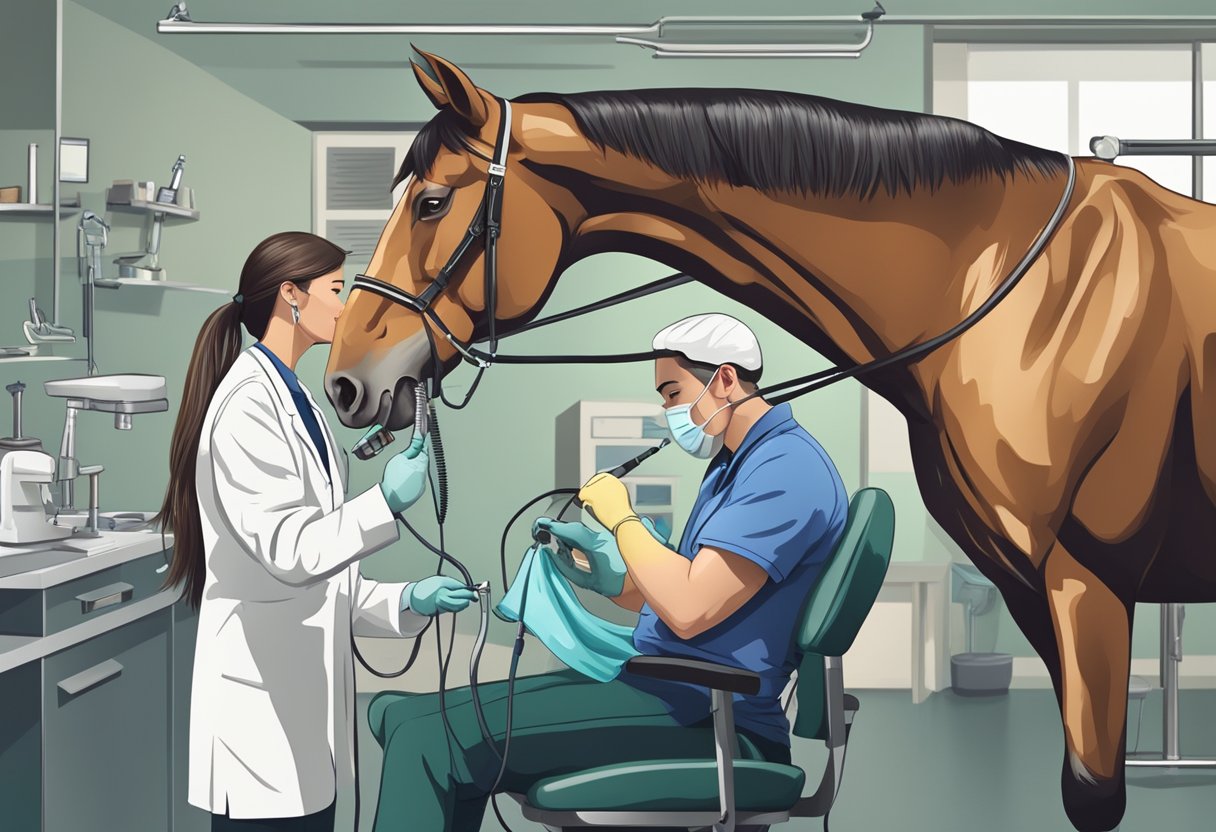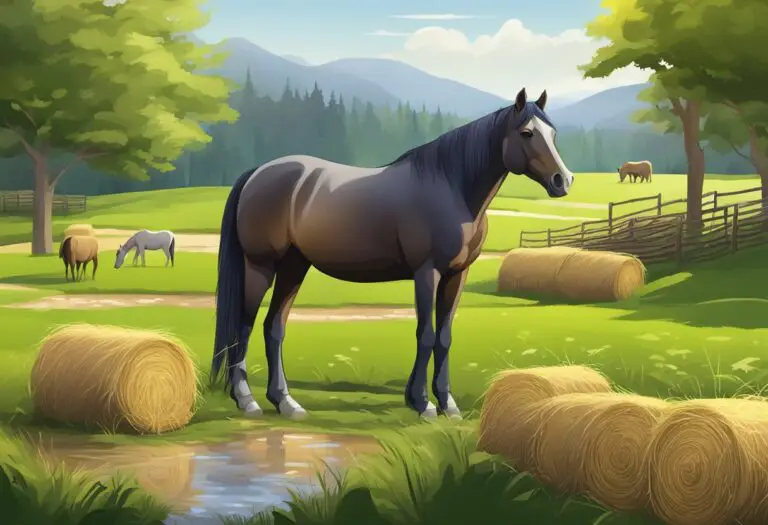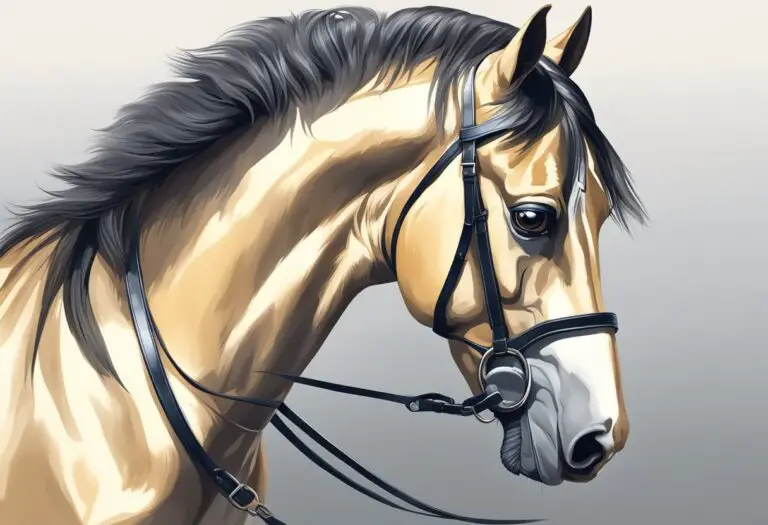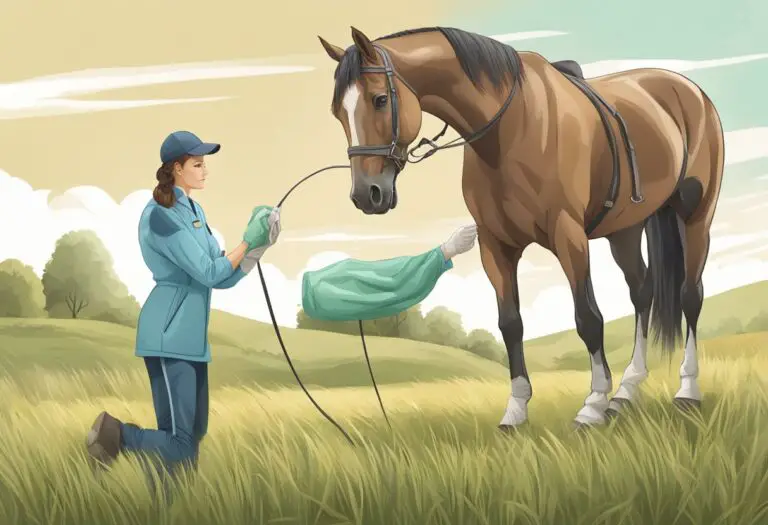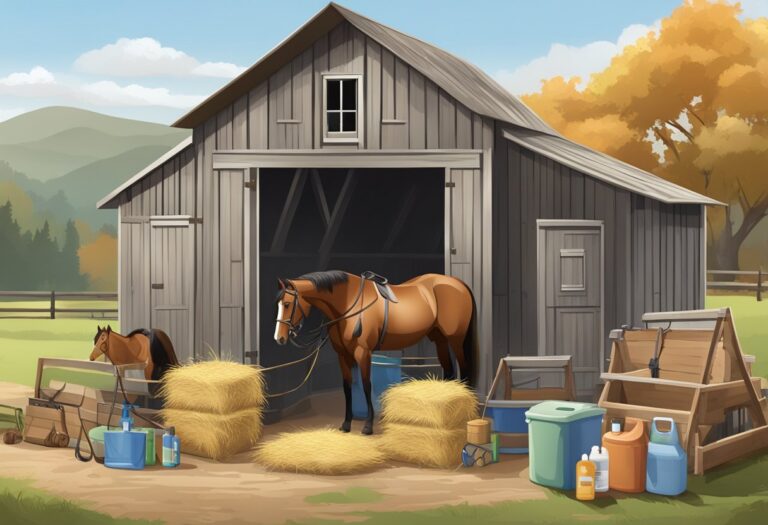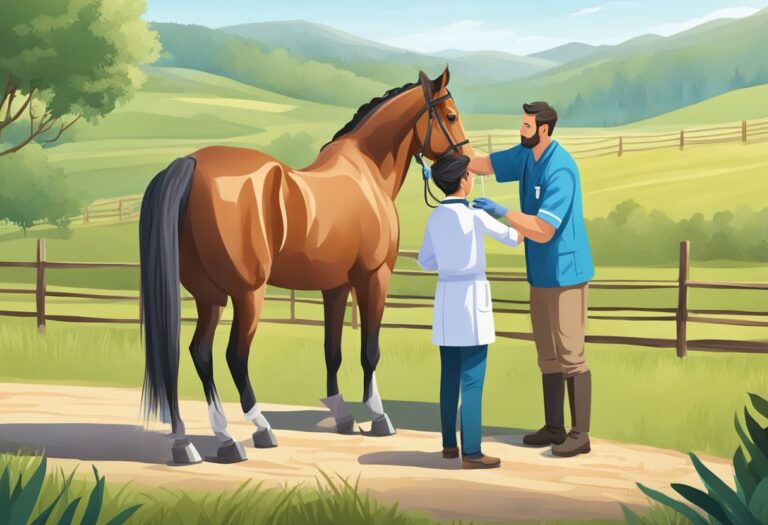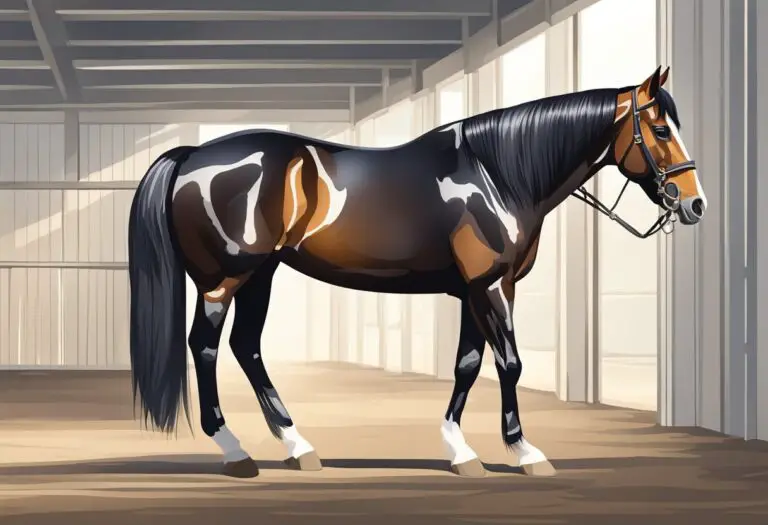Why Dental Care is Vital for Horses
Dental care is an essential aspect of equine health and well-being. Horses, like humans, require regular dental check-ups and treatments to maintain good oral hygiene. Neglecting dental care in horses can lead to various health problems, including weight loss, colic, and even behavioral issues.
One of the primary reasons why dental care is crucial for horses is that their teeth continue to grow throughout their lives. As horses graze, their teeth grind against each other, leading to wear and tear. Without proper dental care, horses can develop sharp points, hooks, or uneven wear on their teeth, which can cause pain and discomfort while eating. Regular dental check-ups and treatments can help detect and correct these issues before they become severe.
Furthermore, dental problems in horses can impact their overall health and performance. Horses with dental issues may have difficulty chewing and digesting food, leading to weight loss and malnutrition. They may also experience pain while eating, which can cause them to avoid food altogether. Dental problems can also affect a horse’s behavior, causing them to become irritable, anxious, or aggressive. Therefore, it is essential to prioritize dental care in horses to ensure their overall health and well-being.
Fundamentals of Equine Dental Care

Equine dental care is an essential aspect of horse health. Horses have unique dental structures that require regular maintenance to prevent dental problems and ensure proper digestion. In this section, we will discuss the fundamentals of equine dental care.
Regular Dental Examinations
Regular dental examinations are crucial for maintaining good oral health in horses. A dental examination should be performed at least once a year by a qualified equine dentist or veterinarian. During the examination, the dentist will check for any signs of dental problems such as sharp points, uneven wear, or loose teeth. The dentist will also check the horse’s bite and look for any signs of dental disease.
Floating
Floating is a process of filing down sharp points and uneven surfaces on the horse’s teeth. This procedure is necessary to prevent dental problems and ensure proper chewing. The dentist will use a specialized tool called a float to remove any sharp points and smooth out any uneven surfaces. Floating should be performed at least once a year, but may need to be done more frequently depending on the horse’s age and dental health.
Feeding Practices
Feeding practices play a significant role in equine dental health. Horses need a diet that is high in fiber to promote proper digestion and prevent dental problems. Feeding hay or grass is an excellent way to provide horses with the necessary fiber. However, if a horse has dental problems, they may need a special diet that is easier to chew and digest.
Dental Care for Young Horses
Young horses require special dental care to ensure proper development of their teeth. Foals should have their teeth checked within the first few weeks of life. This examination will help identify any congenital dental problems that may require early intervention. Young horses should also have their teeth checked regularly to ensure proper development and prevent dental problems.
In conclusion, equine dental care is essential for maintaining good oral health and overall health in horses. Regular dental examinations, floating, feeding practices, and special care for young horses are all critical components of equine dental care. By following these fundamentals of equine dental care, horse owners can help prevent dental problems and ensure their horses live a healthy life.
Preventing Dental Diseases in Horses

Regular dental check-ups are essential for maintaining the overall health and well-being of horses. By taking preventive measures, horse owners can help their animals avoid painful dental diseases that can lead to a variety of health problems.
Routine Check-ups
It is recommended that horses receive dental check-ups at least once a year, and more frequently if they are experiencing any dental issues. During these check-ups, a veterinarian will examine the horse’s teeth and gums, looking for signs of decay, infection, or other issues.
In addition to regular check-ups, horse owners should also be aware of any changes in their animal’s eating habits or behavior. If a horse is suddenly having difficulty eating or is showing signs of discomfort, it may be an indication of a dental problem that requires immediate attention.
Proper Diet and Nutrition
A healthy diet is also important for preventing dental diseases in horses. A diet that is high in roughage, such as hay or grass, can help promote healthy teeth and gums by encouraging the horse to chew and grind its food.
In addition, horse owners should avoid feeding their animals sugary or starchy foods, which can lead to dental decay and other problems. Instead, they should focus on providing a balanced diet that includes plenty of fresh water, vitamins, and minerals.
By taking these simple steps, horse owners can help ensure that their animals maintain healthy teeth and gums throughout their lives. Regular check-ups and a healthy diet are essential for preventing dental diseases and ensuring the overall well-being of these majestic animals.
Impact of Dental Health on Overall Well-being

Dental health is an essential aspect of a horse’s overall well-being. Poor dental health can lead to various health issues, including difficulty eating, weight loss, and behavioral problems. In this section, we will explore the impact of dental health on a horse’s overall well-being, specifically focusing on digestive function and behavior and training.
Digestive Function
Horses are herbivores and rely on their teeth to grind food properly. If a horse’s teeth are not maintained correctly, they may develop sharp points or edges that can cause discomfort or pain while eating. This can lead to difficulty chewing and swallowing food, which can result in weight loss and digestive problems.
Additionally, if a horse’s teeth are not aligned correctly, they may not be able to grind their food adequately, leading to undigested food passing through their digestive system. This can result in colic, a severe and potentially life-threatening condition.
Behavior and Training
A horse’s dental health can also impact their behavior and training. Horses with dental issues may experience pain or discomfort while wearing a bit, which can lead to resistance and behavior problems while being ridden. They may also have difficulty maintaining a consistent pace or responding to cues from their rider.
Proper dental care can help prevent these issues and ensure that a horse is comfortable and able to perform to the best of their ability. Regular dental check-ups and maintenance, including floating, can help keep a horse’s teeth healthy and prevent any potential problems from developing.
In conclusion, dental health is a crucial aspect of a horse’s overall well-being. Proper dental care can help prevent digestive issues, weight loss, and behavioral problems, ensuring that a horse is comfortable and able to perform to the best of their ability.
Common Equine Dental Problems

Tooth Decay and Cavities
Just like humans, horses can also experience tooth decay and cavities. This dental problem is caused by the accumulation of food particles and bacteria on the tooth surface, which then produces acid that erodes the tooth enamel. If left untreated, cavities can lead to tooth sensitivity, pain, and even tooth loss.
Periodontal Disease
Periodontal disease is a common dental problem in horses that affects the tissues surrounding the teeth. This condition is caused by the accumulation of plaque and tartar on the teeth, which can lead to inflammation, bleeding, and infection of the gums. If not treated promptly, periodontal disease can lead to tooth loss and other serious health problems.
Malocclusions and Misalignments
Malocclusions and misalignments refer to dental problems that affect the way the teeth fit together. These problems can be caused by genetics, injury, or improper dental care. Malocclusions and misalignments can cause pain, difficulty chewing, and even digestive problems.
To prevent these common equine dental problems, it is important to provide regular dental care for your horse. This includes regular dental check-ups, proper nutrition, and regular dental cleanings. By taking care of your horse’s teeth, you can help ensure their overall health and well-being.
Dental Care Techniques

Teeth Floating
Teeth floating is a common dental care technique used to remove sharp points and edges on a horse’s teeth. This helps to prevent injuries to the horse’s cheeks and tongue, and also ensures that the horse can properly chew and digest its food. During teeth floating, a veterinarian or equine dentist will use a specialized tool to file down any sharp points or edges on the horse’s teeth.
Tooth Extractions
Tooth extractions are necessary when a horse’s tooth is severely damaged or infected. This can occur due to trauma, decay, or other dental issues. During a tooth extraction, the horse is sedated and the affected tooth is carefully removed by a veterinarian or equine dentist. After the extraction, the horse may require pain medication and antibiotics to prevent infection.
Corrective Dental Procedures
Corrective dental procedures are used to address more serious dental issues in horses. These may include correcting malocclusions (misaligned teeth), treating periodontal disease, or addressing other structural abnormalities in the horse’s mouth. These procedures may require specialized equipment and training, and are typically performed by a veterinarian or equine dentist with experience in advanced dental care techniques.
Overall, regular dental care is essential for maintaining the health and well-being of horses. By using techniques such as teeth floating, tooth extractions, and corrective dental procedures, horse owners can help to ensure that their animals have healthy teeth and gums, and can properly chew and digest their food.
Signs of Dental Issues in Horses

Horses with dental issues may show a variety of signs, some of which may be subtle. It is important for horse owners to be aware of these signs in order to identify dental problems early and seek veterinary care.
Here are some common signs of dental issues in horses:
- Difficulty chewing or dropping feed while eating
- Weight loss or poor body condition
- Bad breath or foul odor from the mouth
- Excessive drooling or saliva production
- Head shaking or tossing while eating
- Refusal to eat or picky eating habits
- Swelling or discharge from the face or mouth
- Behavior changes, such as irritability or aggression
Regular dental exams by a veterinarian can help identify dental problems before they become serious. In addition, proper dental care, such as routine teeth floating and addressing any dental abnormalities, can help prevent dental issues from occurring in the first place.
Advancements in Equine Dentistry

Equine dentistry has come a long way in recent years, with advancements in technology and techniques making dental care for horses more effective and less invasive than ever before. Here are some of the most notable advancements in equine dentistry:
Power Dentistry
Power dentistry involves the use of motorized instruments to perform dental procedures on horses. This technique allows veterinarians to work more quickly and efficiently, reducing the amount of time that horses need to be sedated and minimizing the risk of complications.
Digital Radiography
Digital radiography is a non-invasive technique that uses X-rays to create detailed images of a horse’s teeth and jaw. This technology allows veterinarians to identify dental problems that may not be visible to the naked eye, such as tooth decay and bone loss.
Laser Dentistry
Laser dentistry is a minimally invasive technique that uses lasers to remove diseased tissue and perform other dental procedures. This technique is particularly useful for treating gum disease and other soft tissue problems, as it minimizes bleeding and promotes faster healing.
Equine Dentistry Education
Advancements in equine dentistry education have also played a significant role in improving dental care for horses. Today, many veterinary schools offer courses and training programs in equine dentistry, ensuring that veterinarians are well-versed in the latest techniques and technologies.
Overall, these advancements in equine dentistry have made dental care for horses safer, more effective, and more accessible than ever before. With the help of these technologies and techniques, veterinarians can provide horses with the dental care they need to live healthy, happy lives.
Owner Education and Responsibilities

Owners of horses have a responsibility to ensure that their animals receive proper dental care. This includes regular check-ups with a qualified equine dentist, as well as attention to the horse’s diet and overall health.
One of the most important aspects of owner education is understanding the signs of dental problems in horses. These can include difficulty eating, weight loss, and behavioral issues such as head-shaking or resistance to the bit. By recognizing these signs early on, owners can take action to prevent more serious dental issues from developing.
In addition to regular check-ups, owners should also be aware of the importance of proper nutrition for their horses. A diet that is high in fiber and low in sugar can help to promote good dental health, as can regular exercise and access to clean water.
Overall, it is essential that horse owners take an active role in their animal’s dental care. By working closely with a qualified equine dentist and staying informed about best practices in equine dentistry, owners can help to ensure that their horses remain healthy and happy for years to come.

